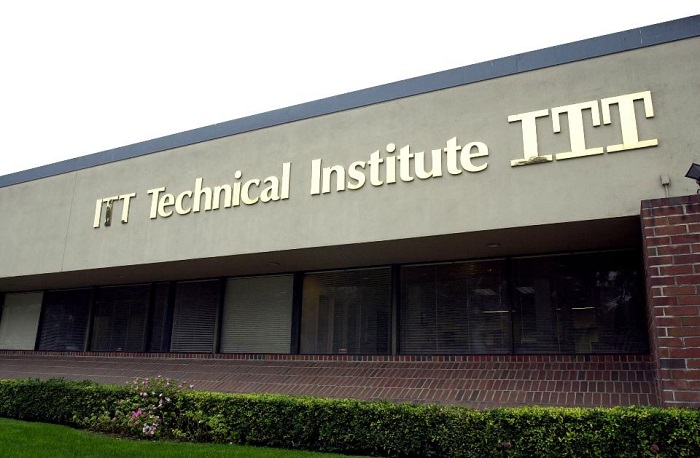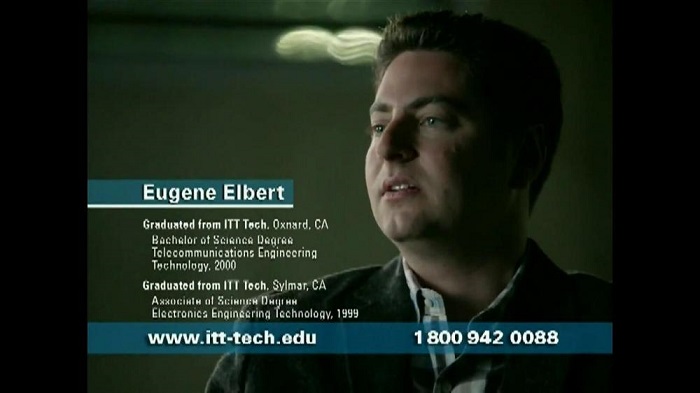ITT Technical Institute, the for-profit college that is also a staple on the after-hours infomercial circuit, has announced it will close all of its campuses.
The decision comes one week after the US government stated the Institution was no longer allowed to continue accepting federal aid.

“It is with profound regret that we must report that ITT Educational Services, Inc. will discontinue academic operations at all of its ITT Technical Institutes permanently after approximately 50 years of continuous service. With what we believe is a complete disregard by the U.S. Department of Education for due process to the company, hundreds of thousands of current students and alumni and more than 8,000 employees will be negatively affected.”
In short: “Thanks, Obama.”
But is the POTUS to blame? Truth be told, no – at least, not in this instance. ITT Tech, along with a roster of other for-profit colleges, were all targeted by the US Department of Education due to years of complaints filed against the schools; specifically, criticism that they were accepting billions of dollars in government grants and loans while falling short in their duties to prepare students with adequate job training.
For reference, in 2015 ITT Tech accepted $580 million in federal money — a sizeable sum for a single institution to inherit. Now consider the decision the school has made, just one year later — after taking in more than a half-billion dollars of taxpayer money, it has determined it is not making enough of a profit from its student body to continue operations. Why? Because a good deal of the funds received from the government were being re-appropriated to recruiting efforts, as opposed to investing in (better) educational staff and services.

Now, this is not to say there’s anything wrong with recruiting prospective students, but as anyone who’s witnesses one of the school’s commercials will attest to, the target audience was most often those who were more interested in a way out of a dead end job, not necessarily individuals interested in being trained for a career in technology.
What’s more, the ads hyper-targeted students who were not the most savvy when it came to handling debt. According to a report from The Atlantic: “. . . students pursuing bachelor’s and associate’s degrees at for-profit colleges saw their earnings drop, compared to before they started the program.” The biggest reason why is because students who attend for-profit colleges are less likely to finish their degrees. They also have a higher risk of living in poverty, and wind up becoming so overwhelmed by the accumulation of debt that happens during their time in the schools’ system, they never truly learn any new, truly useful technical skill.
Those close to the government’s decision to impose sanctions on ITT Tech and other similar institutes have described it as a “death sentence”. That’s because beyond preventing the college from receiving further federal aid, ITT Tech was also required to increase its cash reserves from $94.4 million to $247.3 million.
For those unfamiliar, cash reserves are used to help support students in case the company closed. Interestingly enough, now that the college has made the decision to close, it has not issued a statement regarding how it intends to disperse its reserves.
Fortunately, the Department of Education foresaw the college’s fallout, and took measures to put into place a number of resources to protect and redirect students to more reliable institutions. It can all be found via the Department’s Federal Student Aid announcement page.
Advertisement
Learn more about Electronic Products Magazine





